The speed of the slitting machine exceeding 300 m/min is a major improvement in production efficiency, and its technical parameters need to be optimized from mechanical design, control system, material science and other aspects. The following is an analysis of key technical support and its impact on production efficiency:
1. Mechanical structure optimization
• High rigidity frame and bearing system
The frame is made of high-strength alloy steel or composite materials, with precision bearings (such as ceramic bearings) to ensure that the vibration amplitude < 0.05mm during high-speed operation, avoiding material deviation or uneven sectional surfaces.
• Dynamic balance spindle
The spindle speed should reach 8000-12000 RPM, and the dynamic balance class G1.0 or lower to reduce the wear caused by centrifugal force.
• Quick tool change system
Hydraulic or pneumatic tool holders with automatic tool setting devices reduce downtime by < 30 seconds.
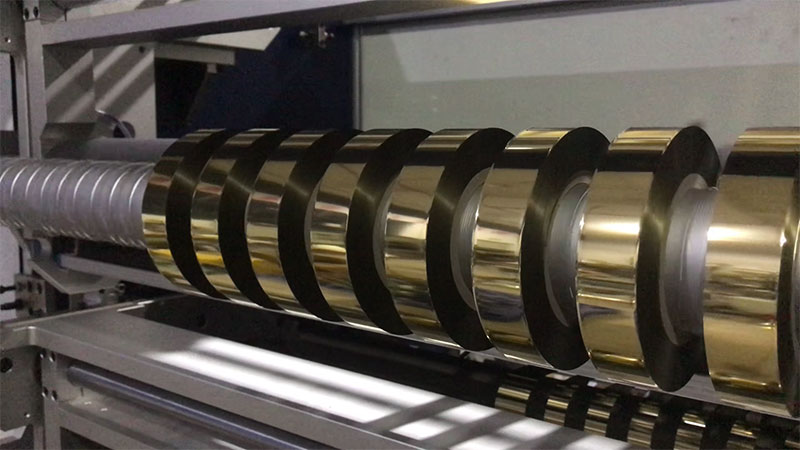
2. Drive and control system
• Servo motor + direct drive technology
It adopts a high-torque servo motor (such as Siemens S210 series) with a direct drive (gearless drive), with a response time of < 1ms and a speed fluctuation of <± 0.1%.
• Multi-axis synchronous control
Through PLC (such as Beckhoff CX series) and encoder feedback, the synchronization error of unwinding, traction and rewinding is < 0.01% to avoid tension fluctuations.
• Adaptive tension control
Magnetic particle brake + ultrasonic tension sensor, dynamically adjust the tension (range 2-50N) to ensure that the material does not have tensile deformation at high speed.
3. Cutting system upgrade
• High hardness tools
Diamond-coated or carbide inserts (hardness ≥ 90 HRA) with a lifespan of more than 2,000 km.
• Laser or ultrasonic cutting (optional)
Non-contact cutting is suitable for thin film materials, with a cutting accuracy of ± 0.1mm and no burrs.
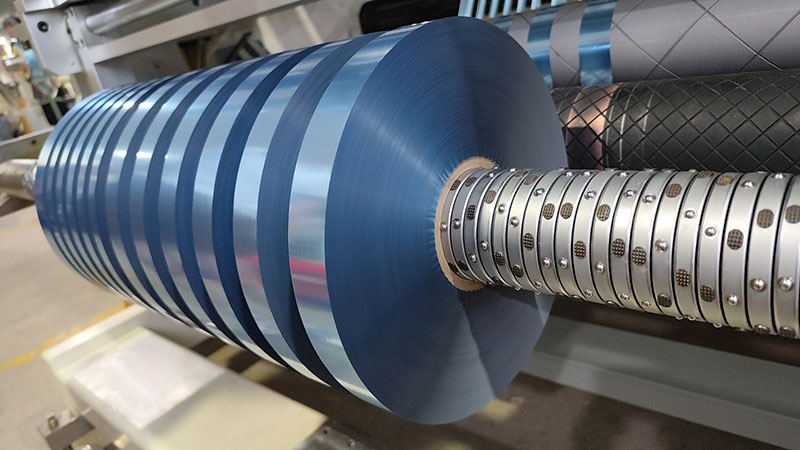
4. Intelligence and monitoring
• In-line defect detection
High-speed industrial camera (5000fps) + AI algorithm to identify defects such as cracked edges and stains in real time, and the scrap rate < 0.1%.
• Predictive maintenance
Vibration sensor + temperature monitoring, early warning of bearing or tool failure, equipment utilization increased to 95%.
5. Material adaptability
• Wide width compatibility
It can handle materials with a width of 1000-2500mm and a thickness range of 5-500μm (e.g. PET, BOPP, aluminum foil).
• Static elimination
The ion air rod eliminates static electricity generated by high-speed slitting (surface resistance ≤ 10^6Ω) and avoids material sticking.
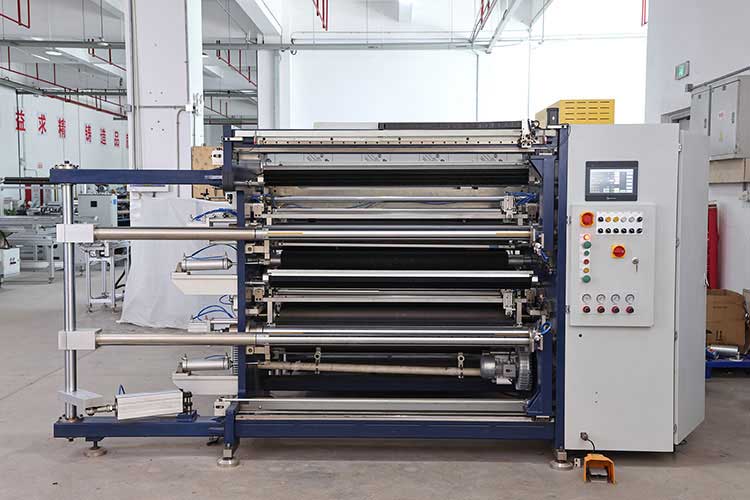
Quantify production efficiency improvement
• Theoretical capacity calculation:
300m/min × 60min × 0.95 (utilization) = 17,100 m/h, which is 50% higher than the 200m/min model.
• Material change efficiency: The automatic material receiving system compresses the wind change time to <2 minutes, and the comprehensive OEE (equipment comprehensive efficiency) can reach more than 85%.
Challenges and responses
• Thermal management: Requires a liquid cooling system to control the blade temperature < 80°C.
• Noise control: acoustic enclosure + shock absorbing base, noise ≤ 75dB.
Through the integration of the above technologies, the slitting machine can still ensure a slitting accuracy of ±0.05mm at a speed of 300m/min, while reducing energy consumption by 15%-20%, achieving a balance between high speed and high precision.
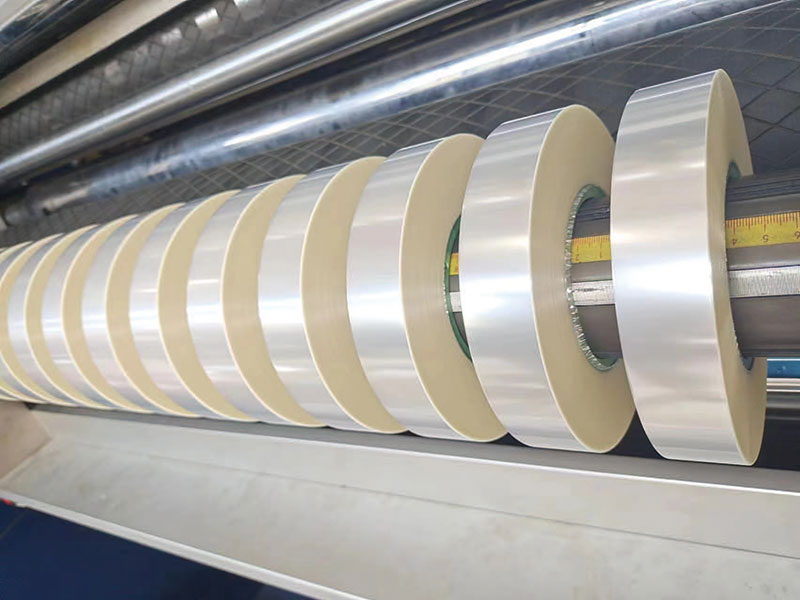
It is not just a simple "cutting", but a precision process of tension control, face neatness and winding quality.
27. February, 2026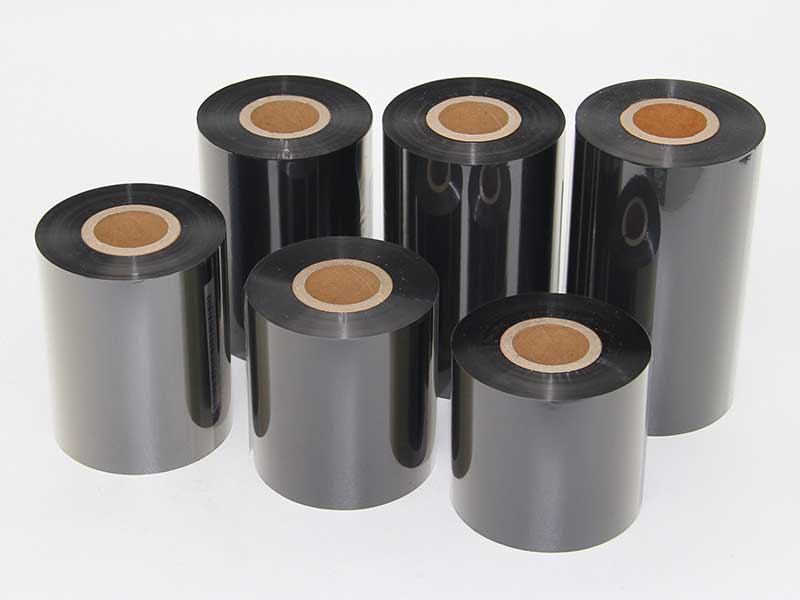
This is not only an iteration of equipment, but also a comprehensive redefinition of production efficiency, material utilization and intelligent management standards.
27. February, 2026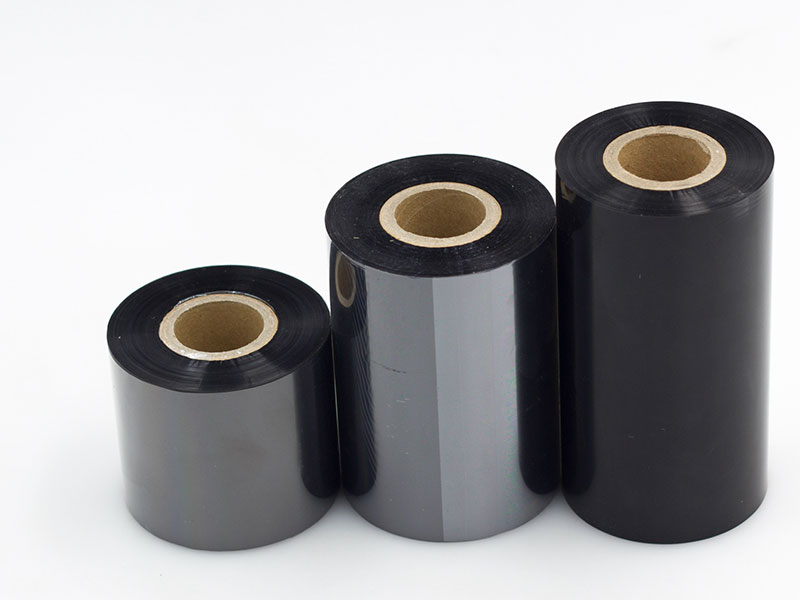
It is in this context that the new generation of ribbon slitting machines is redefining the production standards of the industry with "precision manufacturing" as the core.
27. February, 2026
this once management pain point is now transforming into a powerful tool for printing enterprises to reduce costs and increase efficiency.
26. February, 2026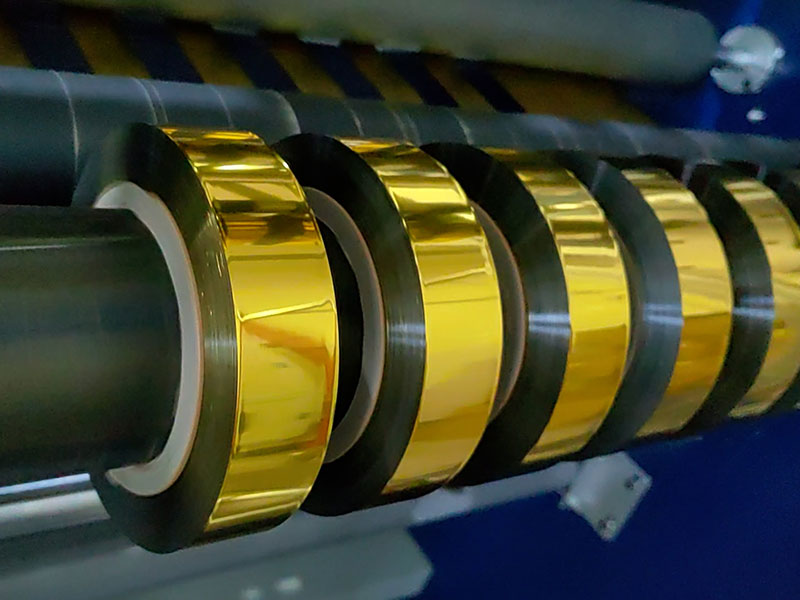
This article will delve into how to make the hot foil slitting machine the engine of your production process optimization through scientific equipment selection and management.
26. February, 2026